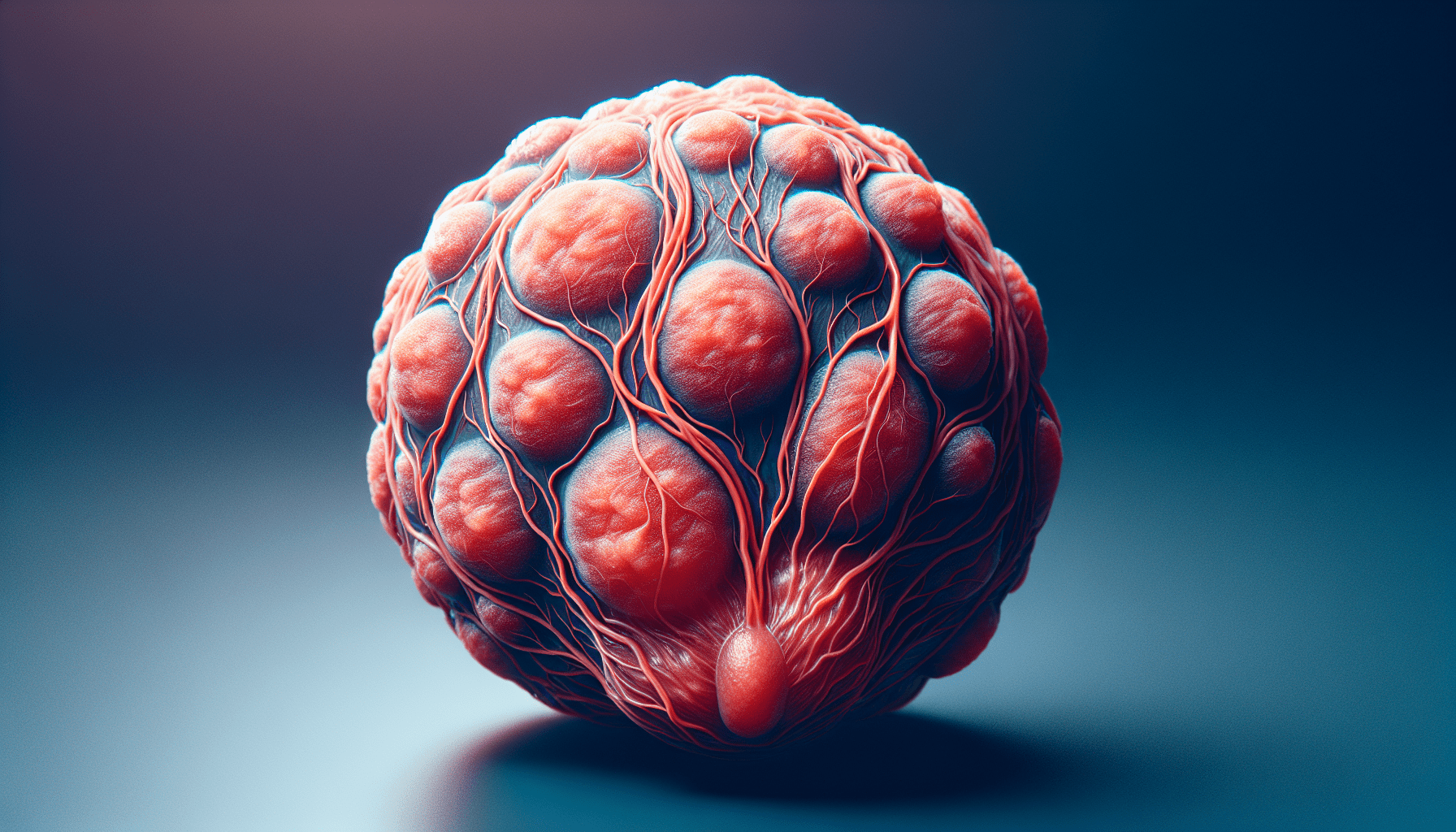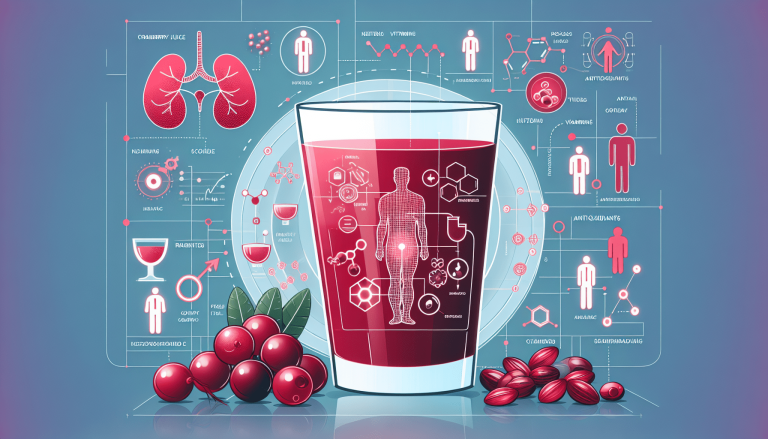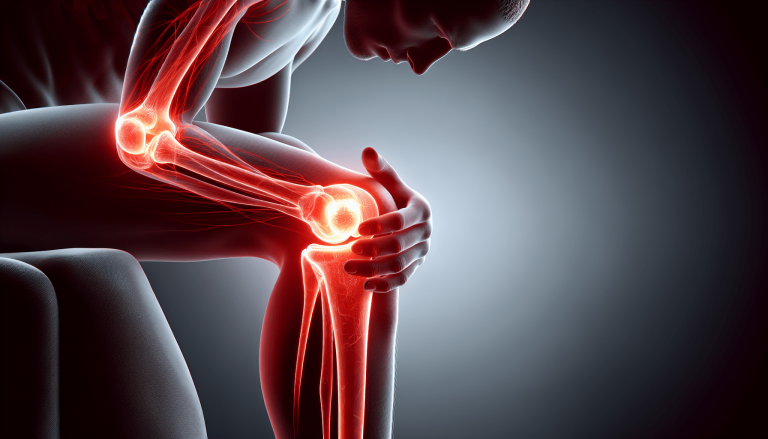What Is The Main Cause Of Prostate Problems?
Are you curious about the main cause behind prostate problems? Understanding the root cause is crucial for taking proactive steps in maintaining good prostate health. This article aims to shed light on this matter and provide you with valuable insights and information to help you safeguard your prostate and overall well-being. So, let’s embark on this journey of discovering the main cause behind prostate problems and uncover the keys to a healthy prostate. Prostate problems can be influenced by a variety of factors, including age, family history, ethnicity, diet, lifestyle factors, inflammation, hormonal imbalance, occupational factors, medical factors, and other risk factors. Understanding these different factors can help you better understand your own risk and take steps towards preventing prostate problems. In this article, we will discuss each of these factors in detail.
Age
As men age, their risk of developing prostate problems increases. The prostate gland undergoes changes over time, which can lead to issues such as benign prostatic hyperplasia (BPH) or prostate cancer. These age-related changes can cause the prostate to enlarge, leading to urinary symptoms and increased risk of developing prostate problems.
Changes in Hormone Levels
Hormones play a significant role in prostate health, and as men age, their hormone levels naturally change. Testosterone and estrogen levels can fluctuate, which may contribute to the development of prostate problems. These hormonal imbalances can affect the prostate gland’s growth and function, potentially leading to various prostate conditions.
Age-Related Enlargement of Prostate
Known as benign prostatic hyperplasia (BPH), age-related enlargement of the prostate is a common condition that affects many men as they grow older. BPH occurs when the prostate gland grows in size, causing urinary symptoms such as frequent urination, weak urine flow, and difficulty emptying the bladder. While BPH is not directly linked to prostate cancer, it can cause similar symptoms and should be addressed by a healthcare professional.
Family History
Your family history can also play a role in your risk of developing prostate problems. Inherited genetic mutations can increase the likelihood of developing conditions such as prostate cancer. If you have close relatives who have experienced prostate problems, such as prostate cancer or BPH, you may have a higher risk of developing these conditions yourself. It is essential to be aware of your family history and discuss it with your healthcare provider.
Inherited Genetic Mutations
Certain inherited genetic mutations can significantly increase the risk of developing prostate cancer. Mutations in genes such as BRCA1 and BRCA2, which are known to be linked to breast and ovarian cancer, can also increase the risk of prostate cancer in men. If you have a family history of these types of genetic mutations, it is crucial to discuss this with your healthcare provider and consider genetic testing.
Higher Risk for Men with Close Relatives Who Had Prostate Problems
Even without specific genetic mutations, having close relatives who have experienced prostate problems can still increase your risk. This may be due to a combination of genetic and environmental factors. If your father, brother, or other close relatives have had prostate cancer or other prostate conditions, it is important to be vigilant and proactive about your own prostate health.
Ethnicity
Ethnicity can also influence the risk of developing prostate problems. African American men have a higher risk of prostate cancer compared to men of other ethnic backgrounds. It is still not entirely understood why this disparity exists, but it may be a combination of genetic, environmental, and socioeconomic factors. On the other hand, Asian and Hispanic men tend to have a lower risk of developing prostate problems.
Higher Risk for African American Men
African American men have the highest incidence rate of prostate cancer in the United States. They are more likely to develop prostate cancer at an earlier age and often have more aggressive forms of the disease. It is essential for African American men to be aware of their increased risk and engage in regular prostate screenings and discussions with healthcare providers.
Lower Risk for Asian and Hispanic Men
Asian and Hispanic men, on the other hand, have a lower risk of developing prostate problems compared to other ethnic groups. The reasons for this lower risk are still not fully understood but may be related to genetic, dietary, or lifestyle factors. While the risk may be lower, it is still important for men in these groups to prioritize their prostate health through regular check-ups and a healthy lifestyle.
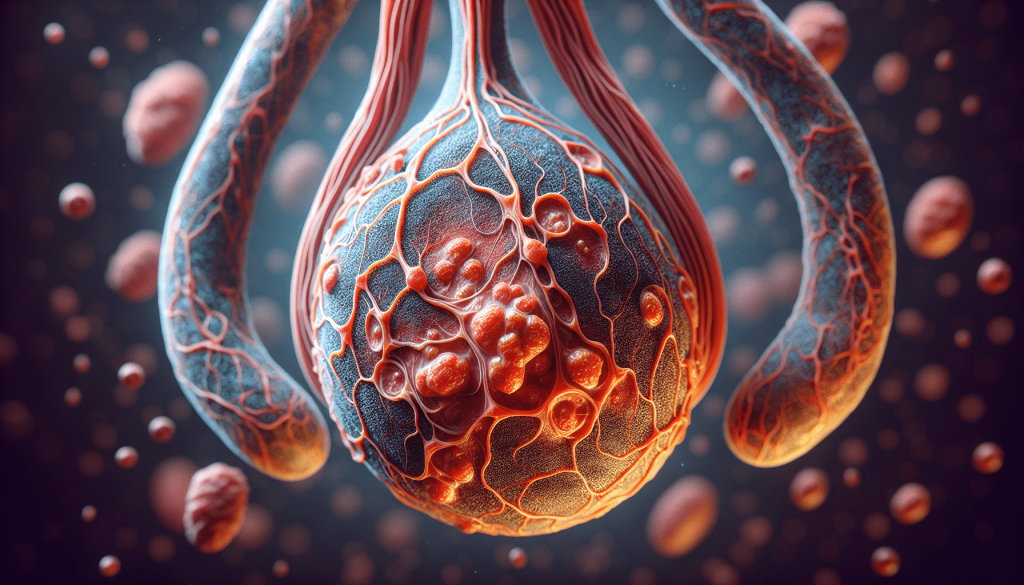
Diet
Dietary choices can also impact the risk of developing prostate problems. High intake of red meat and dairy products has been associated with an increased risk of prostate cancer. These foods are often high in saturated fats and may contribute to inflammation and hormonal imbalances. On the other hand, a low intake of fruits and vegetables, which are rich in antioxidants and other beneficial compounds, may also increase the risk of prostate problems.
High Intake of Red Meat and Dairy Products
Studies have shown that a diet high in red meat and dairy products can increase the risk of prostate cancer. These foods are often high in saturated fats, which may promote inflammation and contribute to hormonal imbalances. While it is not necessary to entirely eliminate these foods from your diet, moderation and balance with other healthier options is key.
Low Intake of Fruits and Vegetables
Not consuming enough fruits and vegetables has been associated with an increased risk of prostate problems, including prostate cancer. Fruits and vegetables are rich in vitamins, minerals, and antioxidants, which can help protect against cancer and promote overall prostate health. Including a variety of colorful fruits and vegetables in your diet is a simple yet effective step towards reducing your risk.
Obesity and High Calorie Diet
Obesity and a high-calorie diet have been linked to an increased risk of prostate problems, particularly prostate cancer. Excess body weight and a high-calorie intake can lead to chronic inflammation, hormonal imbalances, and other metabolic changes that may contribute to the development of prostate problems. Maintaining a healthy weight and balanced calorie intake is crucial for overall health, including prostate health.
Lifestyle Factors
Certain lifestyle factors can also influence the risk of developing prostate problems. Lack of physical activity and a sedentary lifestyle have been associated with an increased risk of prostate problems, including prostate cancer. Regular exercise not only promotes overall health but also helps regulate hormones and reduce inflammation, potentially decreasing the risk of prostate problems.
Lack of Physical Activity
Engaging in regular physical activity has been shown to reduce the risk of prostate problems, including prostate cancer. Exercise helps to regulate hormone levels, improve circulation, and reduce inflammation, all of which can contribute to a healthier prostate. Aim for at least 150 minutes of moderate-intensity exercise per week, such as brisk walking, swimming, or cycling.
Sedentary Lifestyle
In contrast, a sedentary lifestyle can increase the risk of prostate problems. Spending prolonged periods sitting or being inactive may contribute to hormonal imbalances and increased inflammation. It is important to incorporate regular movement and avoid excessive sitting, even if your job requires long hours of sitting. Take breaks, stretch, and find opportunities to be active throughout the day.
Smoking and Excessive Alcohol Consumption
Smoking and excessive alcohol consumption can also impact prostate health. Smoking has been linked to an increased risk of aggressive forms of prostate cancer, while excessive alcohol intake may contribute to hormonal imbalances and liver dysfunction. Quitting smoking and moderating alcohol consumption are beneficial not only for prostate health but for overall well-being.
Inflammation
Inflammation is another factor that can contribute to prostate problems. Chronic inflammation of the prostate, often associated with conditions such as prostatitis, can increase the risk of prostate cancer. Infections, including sexually transmitted diseases, can also cause inflammation and potentially increase the risk of developing prostate problems.
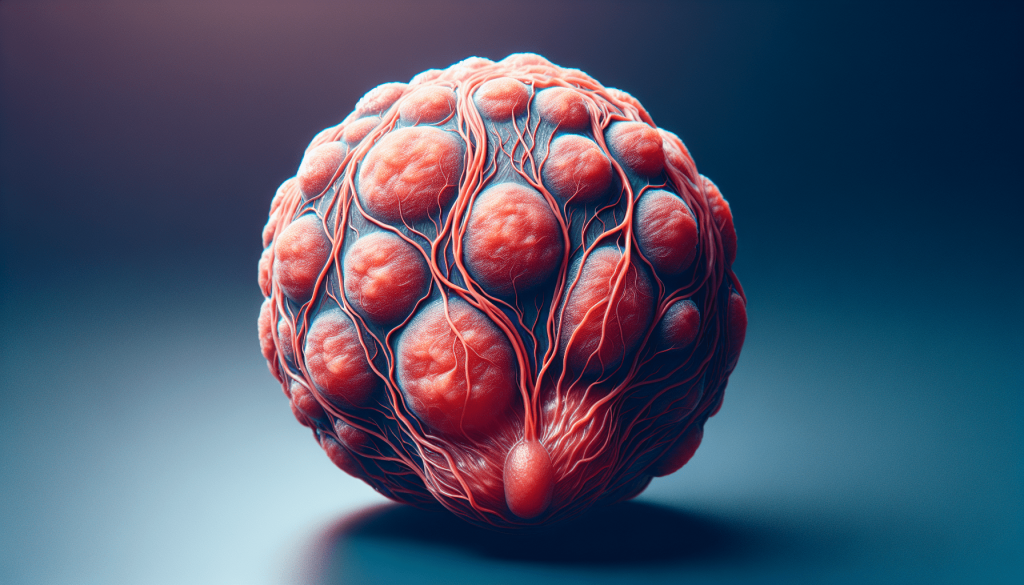
Chronic Inflammation of the Prostate
Chronic inflammation of the prostate, also known as chronic prostatitis, can contribute to the development of prostate problems. This condition can cause urinary symptoms and discomfort and may increase the risk of prostate cancer. If you experience persistent urinary symptoms or discomfort in the pelvic area, it is important to consult with a healthcare professional for proper evaluation and treatment.
Infections and Sexually Transmitted Diseases
Infections, particularly those transmitted sexually, can also lead to inflammation and potentially increase the risk of developing prostate problems. Sexually transmitted infections, such as chlamydia and gonorrhea, can cause inflammation of the prostate gland. It is important to practice safe sex and seek medical attention promptly if you suspect an infection.
Hormonal Imbalance
Hormonal imbalances can affect prostate health and contribute to the development of prostate problems. Changes in testosterone and estrogen levels can influence the growth and function of the prostate gland. Additionally, exposure to certain hormones or medications may also impact hormonal balance and increase the risk of prostate issues.
Changes in Testosterone and Estrogen Levels
Changes in testosterone and estrogen levels can affect prostate health. As men age, testosterone levels may decrease, leading to hormonal imbalances that can contribute to prostate problems. Similarly, imbalances in estrogen levels, which are normally higher in women but present in smaller amounts in men, can also impact prostate health. Maintaining hormonal balance through proper medical management, if needed, is important for overall prostate health.
Exposure to Certain Hormones or Medications
Exposure to certain hormones or medications may also contribute to hormonal imbalances and increase the risk of prostate problems. For example, high doses of testosterone supplements, often used for hormonal replacement therapy, may stimulate the growth of prostate tissue, potentially leading to issues such as BPH or prostate cancer. Careful consideration and monitoring by a healthcare provider is essential when using any hormonal medications.
Occupational Factors
Occupational factors can also influence the risk of developing prostate problems. Exposure to certain chemicals or toxins in the workplace can have detrimental effects on prostate health. Job-related exposure to substances such as cadmium or pesticides may increase the risk of prostate problems, including prostate cancer.

Exposure to Certain Chemicals or Toxins
Certain chemicals or toxins from occupational exposure may have adverse effects on prostate health. For example, exposure to cadmium, a heavy metal found in batteries and certain industrial settings, has been associated with an increased risk of developing prostate cancer. It is important to follow safety protocols and take necessary precautions in the workplace to minimize exposure to harmful substances.
Job-Related Exposure to Cadmium or Pesticides
In addition to cadmium, job-related exposure to pesticides has also been linked to an increased risk of prostate problems. Farmers, gardeners, and individuals who work in agriculture or pest control may be at higher risk due to their exposure to these chemicals. Proper protective measures, such as wearing personal protective equipment, can help reduce the risk of harmful chemical exposure.
Medical Factors
Certain medical factors can also contribute to the development of prostate problems. A history of certain medical procedures, such as transurethral resection of the prostate (TURP), may increase the risk of urinary symptoms. Additionally, the use of testosterone supplements or certain medications may impact prostate health.
History of Certain Medical Procedures
Certain medical procedures, such as TURP, which involves the surgical removal of part of the prostate, can increase the risk of urinary symptoms and potentially affect prostate function. While TURP and similar procedures are often performed to address prostate issues, it is essential to discuss potential risks and long-term effects with a healthcare provider.
Use of Testosterone Supplements or Medications
The use of testosterone supplements or certain medications may also affect prostate health. High doses of testosterone supplements, particularly when used without medical supervision, may stimulate the growth of prostate tissue and potentially contribute to the development of prostate problems. If you are considering using testosterone supplements or any medications that may affect hormonal balance, it is crucial to do so under the guidance of a healthcare provider.
Other Risk Factors
Several other risk factors can influence the development of prostate problems. Conditions such as obstructive sleep apnea, diabetes, and chronic diseases or conditions may increase the risk of prostate issues. It is important to be aware of these factors and manage them appropriately, in consultation with healthcare professionals.
Obstructive Sleep Apnea
Obstructive sleep apnea, a condition characterized by interrupted breathing during sleep, has been associated with an increased risk of prostate problems, particularly BPH. The exact mechanisms linking sleep apnea and prostate issues are still not fully understood, but it may be related to the hormonal imbalances and inflammation caused by the condition. Treating and managing sleep apnea is crucial for overall health, including prostate health.
Diabetes
Diabetes, a chronic condition characterized by high blood sugar levels, can also increase the risk of developing prostate problems. Diabetes has been linked to inflammation and hormonal imbalances, both of which can impact prostate health. Managing blood sugar levels and maintaining proper diabetes care is important for minimizing the risk of prostate issues.
Chronic Diseases and Conditions
Chronic diseases and certain conditions may also contribute to the risk of developing prostate problems. Conditions such as hypertension, heart disease, and obesity have been associated with an increased risk of prostate cancer. It is important to manage these conditions and prioritize overall health, as they can have far-reaching effects on various aspects of your well-being, including prostate health.
In conclusion, prostate problems can be influenced by a range of factors, including age, family history, ethnicity, diet, lifestyle factors, inflammation, hormonal imbalance, occupational factors, medical factors, and other risk factors. While some of these factors are unavoidable, others can be managed or modified through lifestyle changes, regular screenings, and discussions with healthcare professionals. By understanding the various factors that contribute to prostate problems, you can take proactive steps towards maintaining and improving your prostate health. Remember to prioritize regular check-ups, a balanced diet, regular exercise, and other healthy habits to reduce your risk and promote overall well-being.
Additional Resources

Due to BPH, some men have had to resort to an operation called a TURP. But there is a simple, natural and 100% efficient way to decrease prostate size to normal.
It’s done with no pharma drugs, zero surgery and without doing a single useless exercise or changing lifestyle.
You see, the real reason many men have reduced urine flow has nothing to do with genetics or poor testosterone levels…Nor does it have to do with some chronic disease…
In fact, as you’ll soon see, painful prostate problems and low sex drive are just a side effect of something much worse happening inside the reproductive system right now.
A dangerous process that has been happening from the moment of your birth and which starts deep inside your bloodstream, spills over your prostate, then passes through the urinary tract and even inside your penile tissue… Where it wreaks havoc on your prostate’s ability to function properly and enlarges it…
Breaking research now shows that those born after 1950 are the ones more likely to be affected by this condition… Which has left over 50 million desperate men dealing with prostate issues as soon as in their 40s, low sex drive and prone to life threatening disease.
And now we finally know why!

